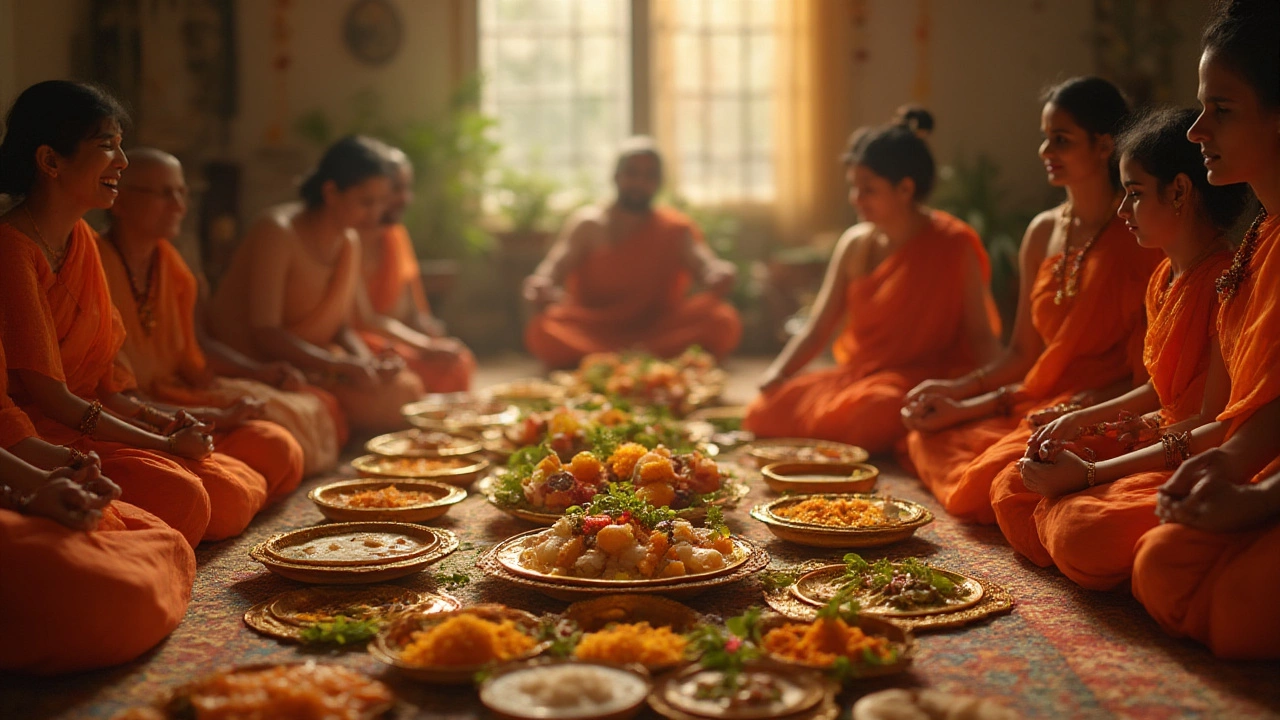Religious Food Restrictions: What You Need to Know
Ever felt stuck when a friend invites you to a dinner and you’re not sure what they can eat? Religious food rules can seem tricky, but the basics are easy once you break them down. Below you’ll find the main restrictions, a quick cheat‑sheet, and real‑world tips for shopping and cooking.
Common Rules by Major Faiths
Islam (Halal) – No pork, no alcohol, and meat must be slaughtered the Islamic way. Look for a halal label or ask the butcher. If you’re cooking at home, use a clean knife and avoid cross‑contamination with non‑halal foods.
Judaism (Kosher) – No pork or shellfish, and meat can’t mix with dairy. Foods need a kosher certification (OU, Star‑K, etc.). Separate cutting boards for meat and dairy keep things simple.
Hinduism – Many Hindus avoid beef because the cow is sacred. Some also practice vegetarianism, especially on festivals. If you’re serving a group, stick to veggie dishes and clearly label any meat.
Buddhism – A lot of Buddhists follow a vegetarian or vegan diet, but the rules vary by tradition. When in doubt, ask and offer plant‑based options.
Christian fasting – Certain denominations give up meat on Fridays or during Lent. Fish is usually okay. Planning a meal with a fish or veggie main can cover most fasting calendars.
How to Cook and Shop Safely
Start with a clean kitchen. Use separate pans, knives, and plates for meat that isn’t allowed. When you buy packaged goods, check for symbols: a crescent moon for halal, a “K” inside a circle for kosher. If there’s no label, assume it might not meet the rule.
Spices are usually safe, but some blends contain hidden animal ingredients. Look for “vegetarian” or “vegan” tags on spice mixes if you need to be extra careful.
When you’re cooking for a mixed group, label dishes. A simple sign like “Halal Chicken” or “Vegetarian Curry” saves confusion and shows respect.
If you’re hosting a potluck, ask guests to bring dishes that match their diet. That way you don’t have to guess, and everyone feels included.
Finally, keep a quick reference list on your fridge. A one‑page guide with the main do’s and don’ts for halal, kosher, vegetarian, and fasting can be a lifesaver during busy weeks.
With these basics, you’ll feel confident ordering, cooking, or serving food that respects any religious diet. It’s all about a few simple steps: check labels, separate utensils, and label your plates. Happy cooking!
Why Do Hindus Not Eat Pork? Indian Food Beliefs and Traditions Explained
Why don't most Hindus eat pork? Discover the cultural, spiritual, and historical reasons behind this widely observed Hindu food restriction and its impact on Indian cuisine.
